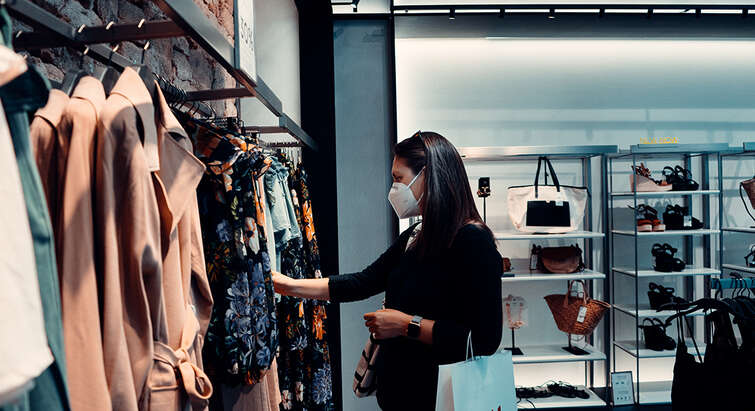
News about Corona virus
Viser 1 til 24 af 37 dokumenter.

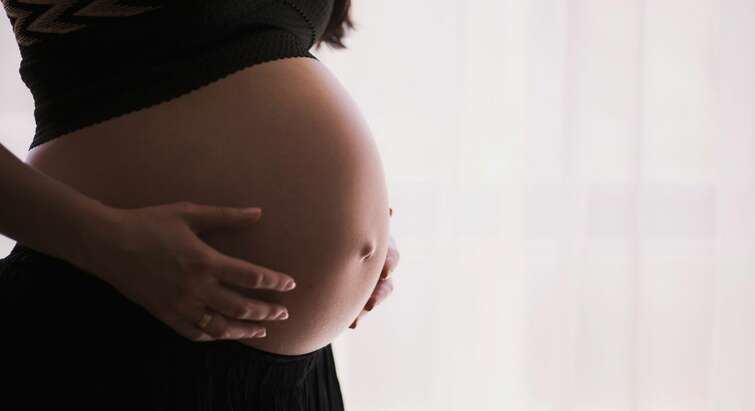
No association between COVID-19 vaccination or infection during pregnancy and congenital anomalies
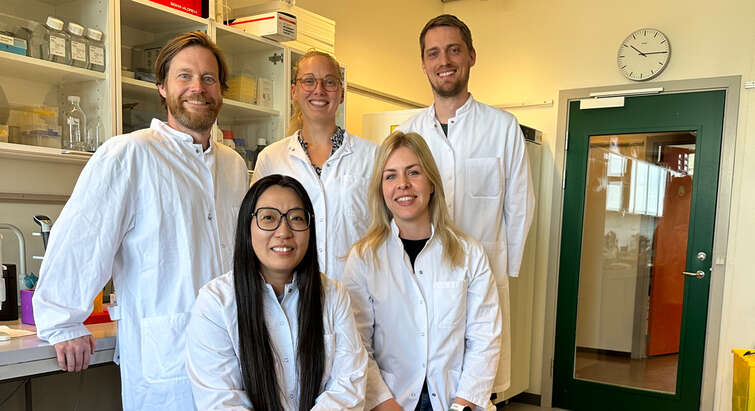
Claus investigates COVID-19's long-term effects

COVID-19 can be harsh on our organs. Now, a significant grant aims to prevent serious consequences

COVID-19 can be harsh on our organs. Now, a significant grant aims to prevent serious consequences
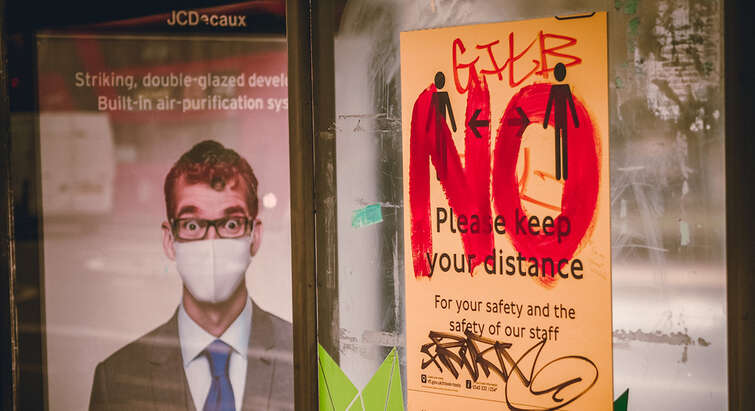
Pandemic fatigue makes us disregard health-protective behaviour
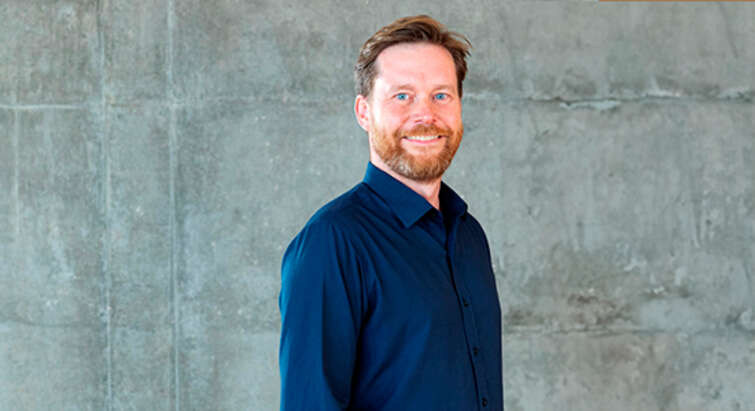
Claus Desler Madsen Joins the Department of Biomedical Sciences
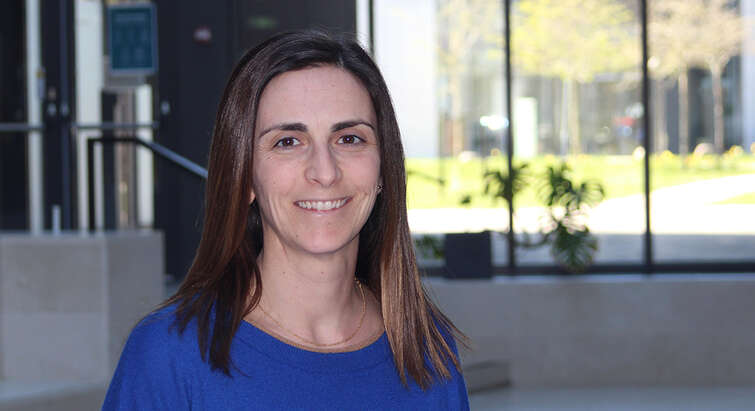
Federica Sebastiani is new Tenure Track Assistant Professor

CGC Visiting Fellow, Kristine Eck, publishes article on military deployment and governance during the COVID-19 pandemic

Why Trust?

Trust hardly makes us careless and complacent in crisis situations

Political depression

Professor Camilla Foged appointed as Member for the mRNAVAC WP

Not all covid-19 lockdowns improved air quality in world cities

Corona virus and epidemics – the Annual meeting of the Graduate School of Immunology
Redesigning mRNA vaccines with new project
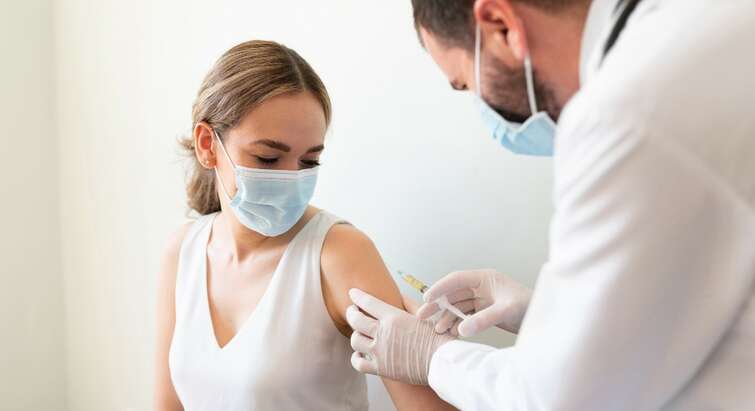
Researchers develop AI tool to combat coronavirus variants of the future

Researchers develop AI tool to combat coronavirus variants of the future

New algorithm could save lives: Predicts COVID-related intensive care unit resource use

Covid-19 clinical trials ignore gender differences

How a holiday affected the spread of COVID-19 in Europe
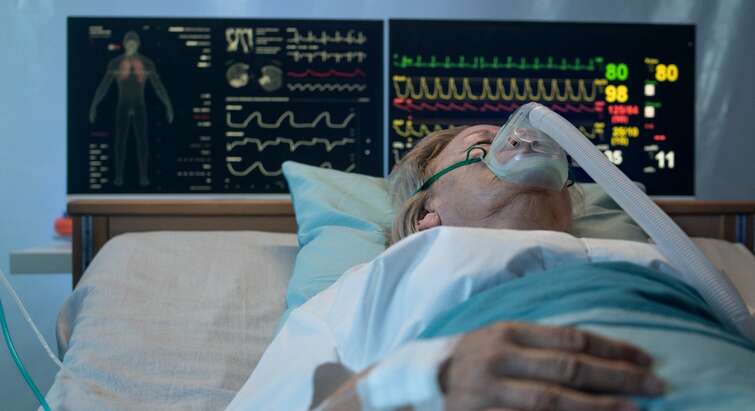
Computer can determine whether you’ll die from COVID
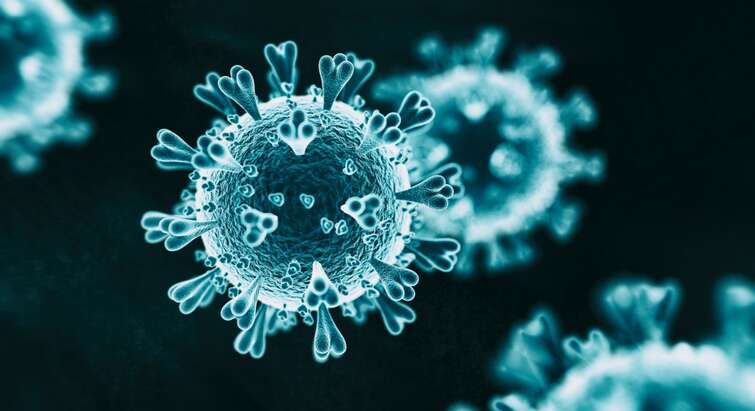
Coronavirus helper: NBI physicists develop powerful tool to predict the spread of COVID-19
